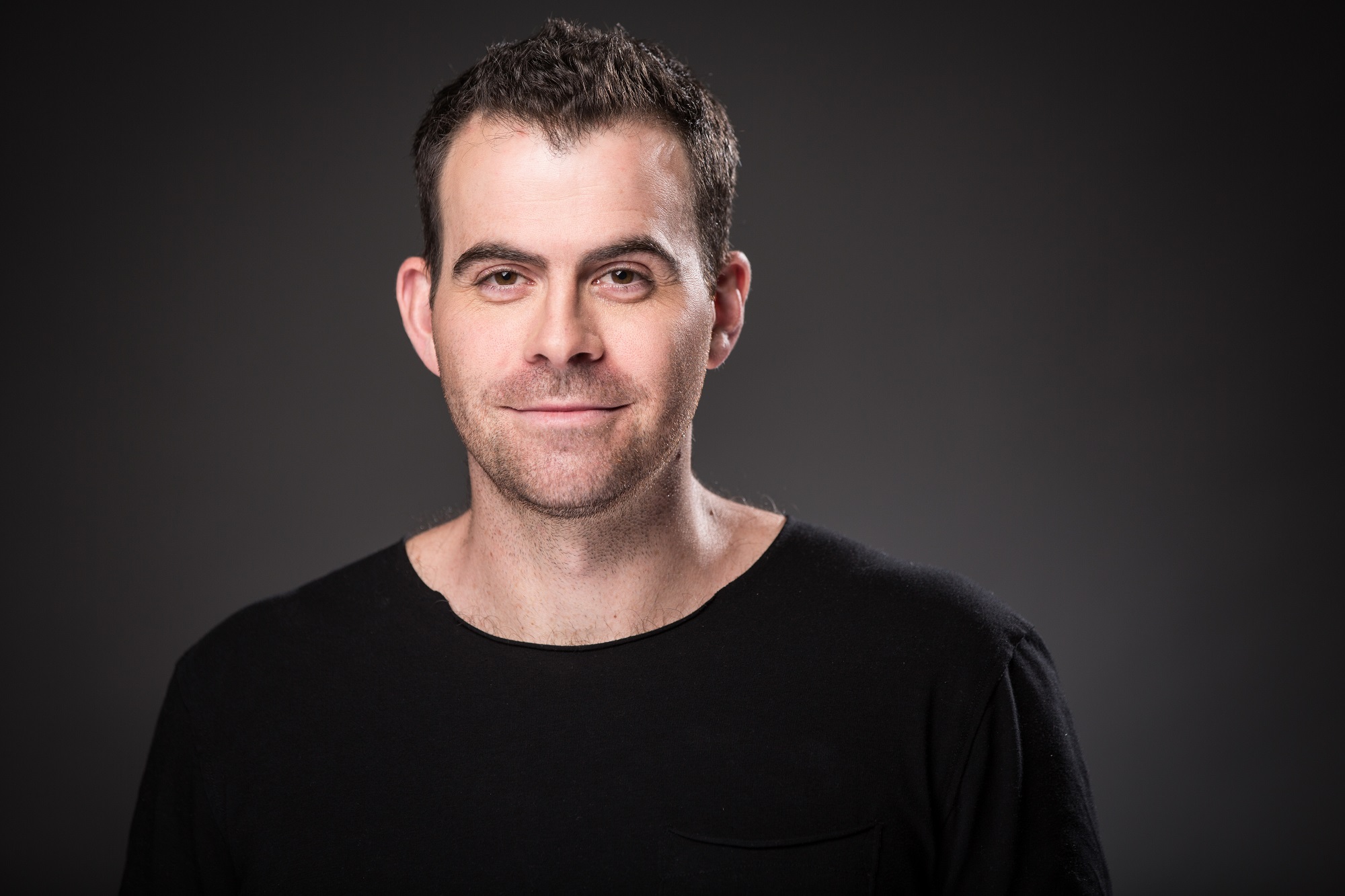B&T was lucky enough to be invited along to a Facebook media briefing last week with its vice president of News Feed, Adam Mosseri (pictured above), where he shared the social media giant’s blueprint in support of journalism and news publishers, and reflected on his conversation with News Corp around a potential subscription deal.
According to Mosseri, Facebook has three key themes for News Feed this year – discovery, integrity and partnership – that it hopes will strengthen journalism across the globe.
Discovery
This theme is basically about helping Facebook users learn about new things they might not even know exist yet.
On top of its ‘Pages You Might Like’ feature, Mosseri revealed that Facebook is looking to introduce topic following.
“The idea here is that you could follow your favourite sports team as a topic, for example, and then we would go and try to find all of the most interesting stuff for you about the team, and that would show up in your News Feed,” he said.
“We think this could be valuable for you because you love your team and you want to see what’s going on, but also for publishers, because it could mean that more publishers get connected to audiences.”
Mosseri said Facebook will use a classification algorithm to achieve this, but will only launch the topic following feature if it’s incremental.
“This is of value, but if it only ends up just displacing something else in News Feed, then it’s not worth the complexity – we’re just making the system more complicated without creating incremental value for people,” he said.
Another idea that Facebook has subtly introduced to News Feed is Discovery Surface, which has an icon resembling a rocket ship.
“The idea is that is News Feed is a place where you catch up on all of these stories from your existing connections, then explore could be a space where you could learn about stuff from publishers that you’re not even connected to yet,” Mosseri said.
Integrity
Facebook is also looking to raise the quality and authenticity of information that flows through its system through ways such as improved reporting – understanding what is problematic or ‘false’ news, for instance.
Mosseri said Facebook prefers to refer to ‘fake’ news as ‘false’ news “because we want to be really clear about what we mean, and fake news has been used by so many different people to mean so many different things”.
“For us, we man information that is designed to be confused with legitimate news but is intentionally false,” he said.
One of the most meaningful things Facebook has done to combat false news is in the area of landing page quality work, while protecting ad farms and valuing them way less in ranking, according to Mosseri.
“The most important thing we can do around false news, given that most of it’s financially motivated – at least on our platform – is to disrupt the economics,” he said.
“We organise our work in false news into three areas: the first is disrupting the incentive in the first place, trying to reduce it from ending up on our platform.
“The second is, given that some of it’s going to end up on the platform, better identifying it and reducing its spread through the ecosystem.
“The third area is around creating more discerning readers through education. We’re looking to create signals to help people make more informed decisions about what to read, what to trust, what to share.”
Facebook’s VP of News Feed also shared how the social media giant defines clickbait – “as headlines that withhold significant amounts of information and mislead the user”.
“We focus on really the egregious stuff, but the way it works is that it actually ends up being its own prediction,” he explained.
“So, we built an algorithm, [and] we built a training data set which has tens of thousands of examples in 13 different languages. We then train the algorithm based on that data set to try and figure out what are good signs of clickbait – certain phrasing, certain grammatical structures.
“Then what happens for any given headline is we don’t say, ‘This is clickbait, this is not’. We calculate the likelihood that it’s clickbait based on the data set that we have available, and the higher likelihood that it’s clickbait, the bigger the penalty. It’s not black and white.”
Partnership
Facebook is also keen to become a better partner to the media industry, and in particular, the news sector.
It’s big areas of focus in this sector are to help news organisations “cut through the noise” by telling more compelling stories with new formats, and identifying opportunities to collaborate with regional publishers on local news/
“But if I’m honest, we don’t have the answers yet on local news,” Mosseri admitted.
“Local news is suffering more than national news, and we know that local news is the foundation in a lot of ways for local communities, so we’re trying to figure out how we can get involved and monetisation products – we’re exploring mid-roll ads on video, and we’re exploring subscriptions with a number of partners currently.
“I’m bullish about the ideas we currently have, but I also want to acknowledge that I think we’re behind and we need to move more quickly.
Mosseri’s Australian visit was primarily to meet with local news publishers about potential subscription deals, and said he had a “good conversation” with News Corp.
“There’s a lot of concern about a lot of things right now,” Mosseri said.
“We just trying to engage in this as best we can, but most of the conversations I’ve been in have been productive and comfortable.”
News Corp Australasia executive chairman Michael Miller confirmed last month that the publishing giant had begun negotiations with Facebook and Google around fresh subscriptions to its online content and improved search results.








